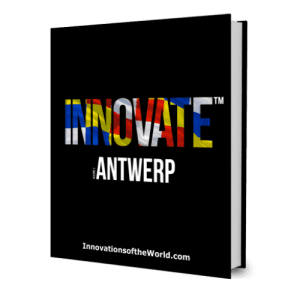Thanks to our Scanning Electron Microscope and the Nano Harmony Project, we will be able to advise companies even more effectively on healthy working environments.
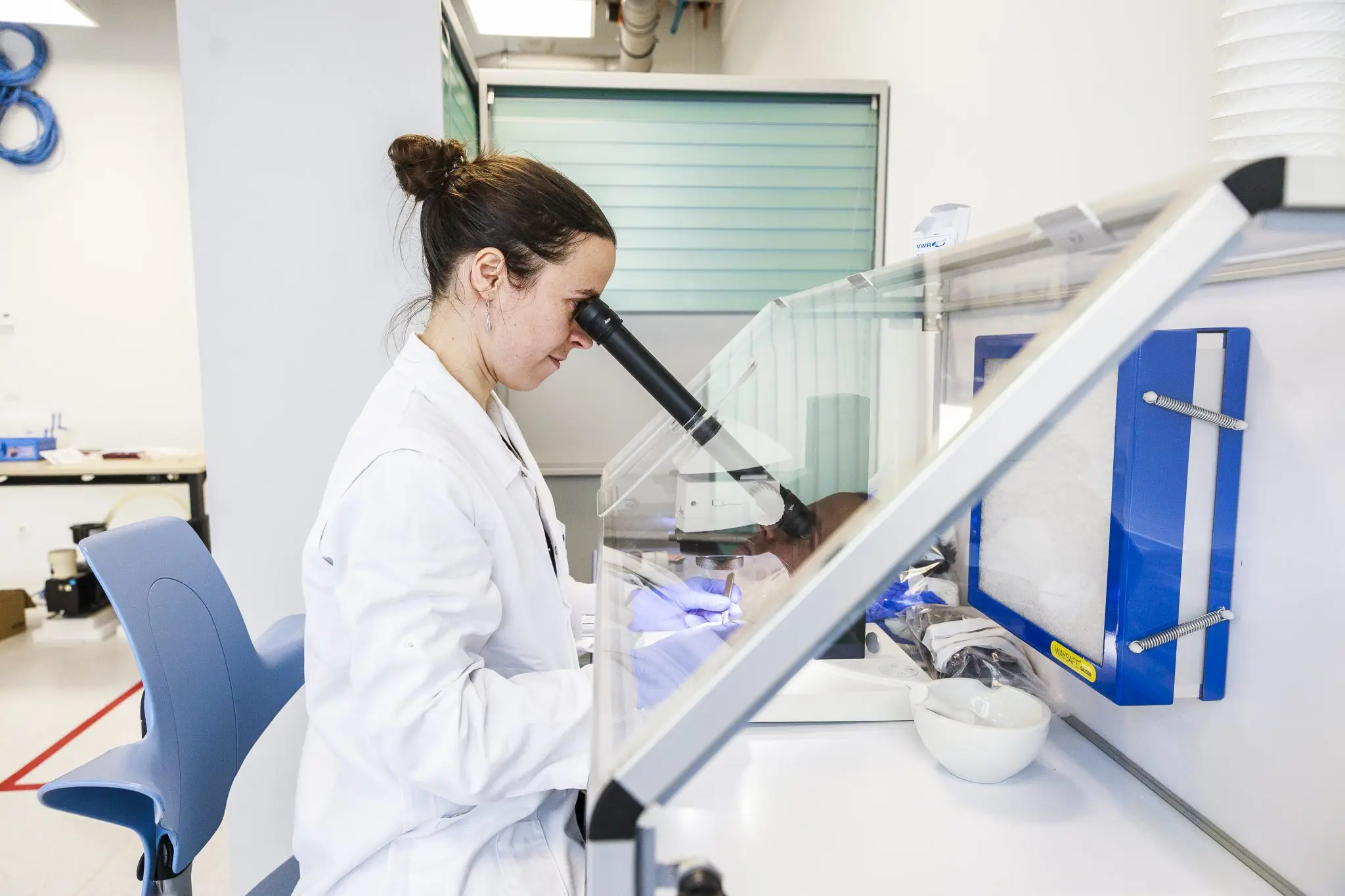
To measure is to know – a law that applies to IBEVE’s objectives more than most. As a consultancy firm, it specialises in providing advice on healthy living and working environments, including the detection of harmful substances. This role is closely linked to the range of statutory tasks performed by IDEWE, the largest External Service for Prevention and Protection at Work in our country, which, like IBEVE, belongs to the IDEWE Group.
IBEVE consistently seeks out innovation as a means of making its measurements even more accurate. A recent example of this is the new IBEVE office on the BlueChem site. The lab there has a state-of-the-art high-resolution scanning electron microscope. This SEM allows existing detection techniques to be improved and new ones to be applied, such as the detection of tiny nanoparticles. To further build on this technological progress, IBEVE is also working on standardising these measurements within the Nano Harmony Project.
“Our profession is constantly evolving”, states Kathleen De Maeyer, industrial hygiene prevention expert at IBEVE/IDEWE. “We are learning more and more about harmful nanoparticles, including fibres, and the limit values and standards associated with them are becoming increasingly stringent. This means we have to conduct searches on an increasingly smaller scale. Our new electron microscope, the JSM-IT500HR Schottky FE-SEM, gives us access to this nanoworld, which classic polarising light microscopes were unable to reveal. Some nanoparticles are harmful to our health despite their extremely small size – up to 100 billionths of a meter. By developing new detection techniques, we are taking a huge step forward in terms of creating safer and healthier working environments.
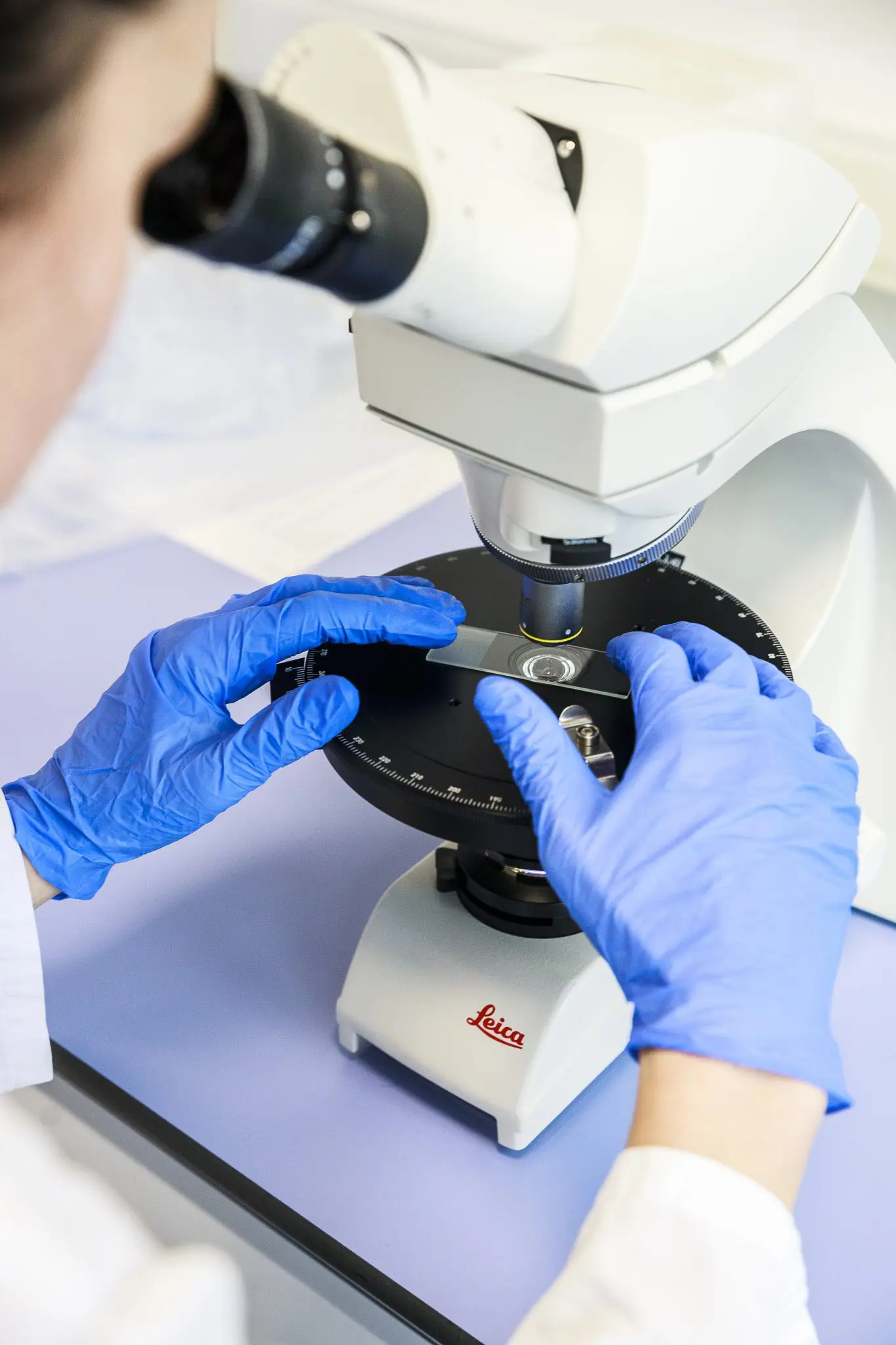
Precision and uniformity
A challenge related to this ever-growing knowledge is the increasing importance of uniform measurements. That is why IBEVE joined the Nano Harmony Project in April 2020. Together with thirteen other European expert partners, Kathleen and her team at the OECD and ECHA (European Chemicals Agency) will work to accelerate the development of priority test guidelines and accompanying documents on nanoparticles. In concrete terms, this means that by 2024 there will be a standard for uniform sampling and analyses for everything measured at that level. This will enable researchers to compare and link research results from different laboratories.
The Nany Harmony Project covers a wide range of potentially harmful nanoparticles in many industries”
“The scope of the project is very broad”, Kathleen continues. “It covers a wide range of nanoparticles that can harm people in many industries. The insights we shall gain from this will give our knowledge about prevention a major boost. As we have known for a long time that asbestos fibres and ceramic fibres, for example, are carcinogenic, there are strict exposure standards in that regard. This is why we have an accredited asbestos
laboratory at IBEVE. However, very small nanoparticles and other types of fibres can also pose significant health risks. Appropriate techniques are required in order to be able to provide appropriate standardisation when it comes to detecting such nanoparticles to be found nesting in human tissue. Thanks to the Scanning Electron Microscope and the Nano Harmony Project, we are contributing to this. With this information, we are able to advise employers even more effectively on measures to protect their employees against this.
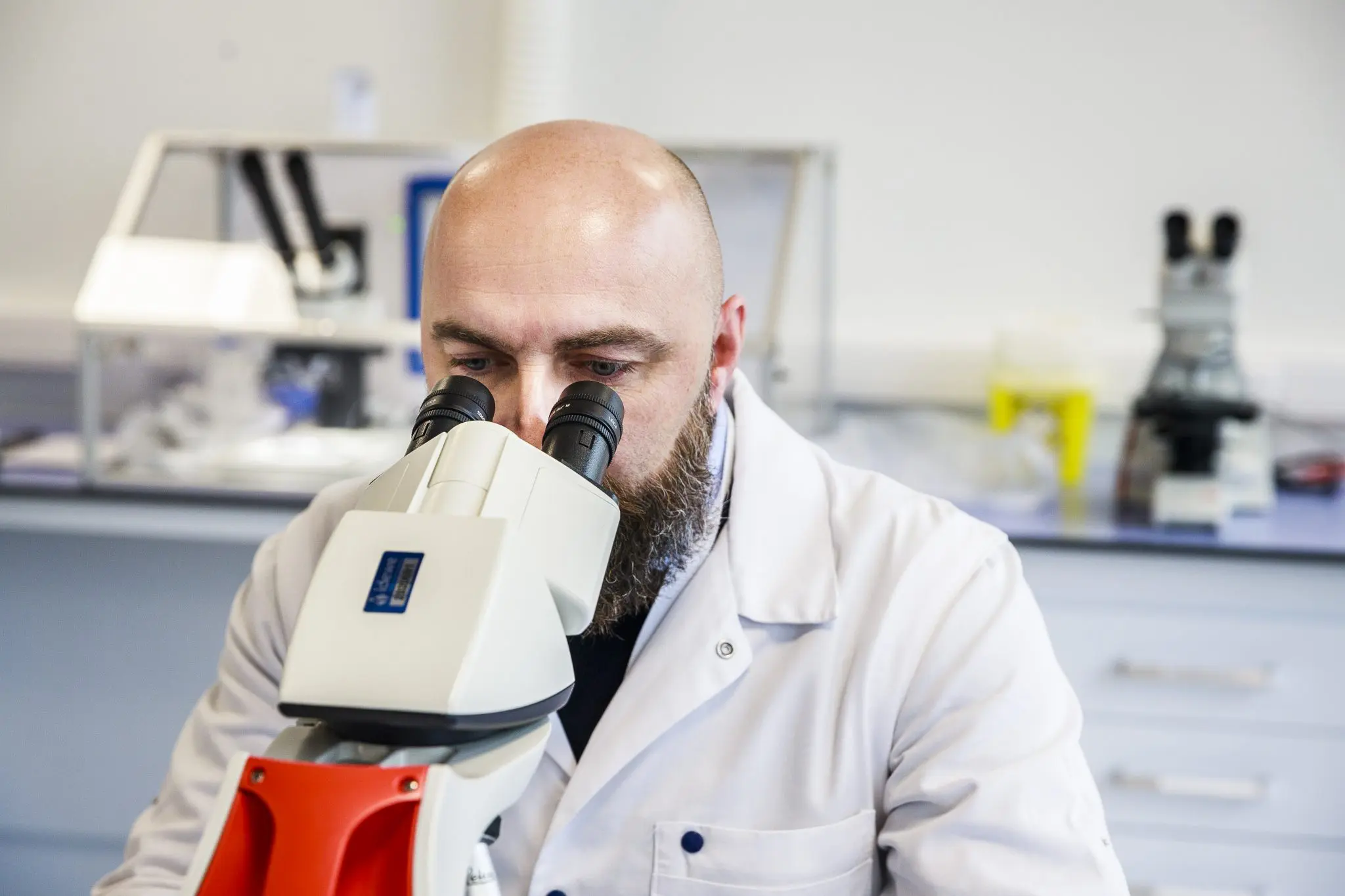
Monitoring the health and well-being of 800,000 employees
This protection is one of the core missions of both IBEVE and IDEWE. Together, they provide 35,000 employers with a healthy and safe working environment for more than 800,000 employees throughout Belgium. In addition to medical prevention, the various other areas of non-medical prevention (ergonomics, psychosocial aspects, occupational safety, occupational hygiene, etc.) and the environment fall within the scope of the IDEWE Group’s tasks. These activities are supported by all kinds of scientific measurements and studies, including air quality measurement, light admission, ambient noise,,exposure to chemical substances, detection of asbestos and other materials, etc.
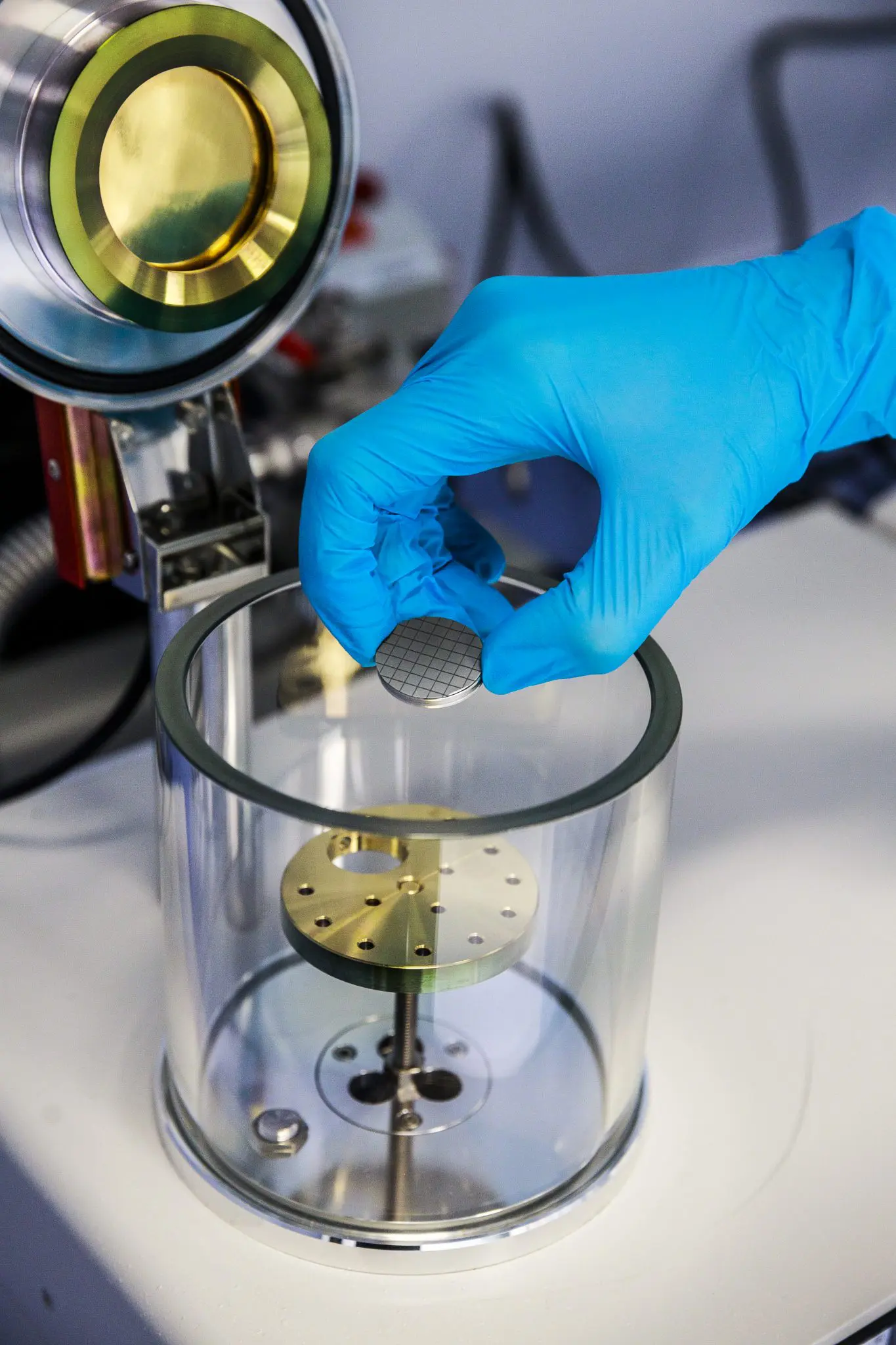
Within the IDEWE Group, IBEVE specialises not only in research into harmful substances, such as asbestos, but in environmental management, occupational hygiene, occupational safety, safety coordination and energy management. It is also ISO 9001 certified for all these aspects.
